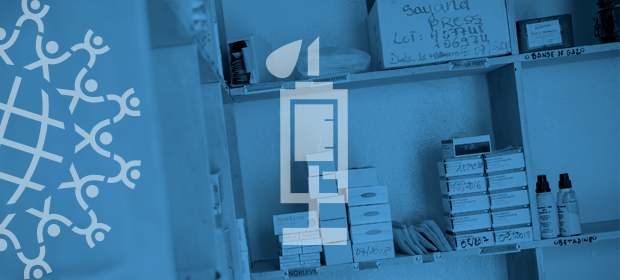Where We Work
See our interactive map


How can insights into individual behaviors and decisions improve the family planning and reproductive health services Ugandan health workers provide their clients? Through a new award from the William and Flora Hewlett Foundation, IntraHealth International and ideas42 are teaming up to answer this question.
The new research project, called Scale-Up and Capacity Building in Behavioral Science to Improve the Uptake of Family Planning and Reproductive Health Services (SupCap, for short) will improve the health and well-being of women of reproductive age in Eastern Uganda by helping increase the modern contraceptive prevalence rate and decrease unwanted pregnancies in 25 districts.
"There’s often a disconnect between what we think will work and what works in practice."
Working closely with IntraHealth’s Regional Health Integration to Enhance Services in Eastern Uganda (RHITES-E) activity, this research project will identify, test, and scale up a proven behavioral intervention to improve the quality of family planning services and make them available to more people in the region.
“There’s often a disconnect between what we think will work and what works in practice,” says Jennifer Wesson, IntraHealth’s director of measurement and learning. “Designing interventions that include plans from the beginning to observe and measure what’s working—and then refine or change course—can make all the difference in finding new ways to provide integrated health services that work for both health workers and their clients.”
Since 2014, IntraHealth and ideas42 have worked together in Senegal to use behavioral science approaches to improve reproductive health and integrate it into other services—for example, by exploring the situational behavioral factors that determine whether a client might opt for family planning services during a routine clinic visit for immunizations. This new project will draw on the lessons we’ve learned together about how behavioral science can help improve health services and lead to better care for clients around the world.
IntraHealth’s RHITES-E is funded by the US Agency for International Development and aims to reach 5.7 million people in Eastern Uganda and Karamoja with services for HIV/AIDS, malaria, tuberculosis, nutrition, family planning, and maternal, newborn, and child health.



